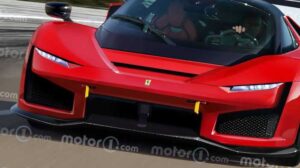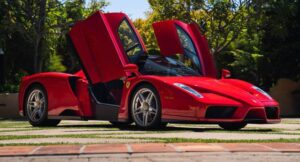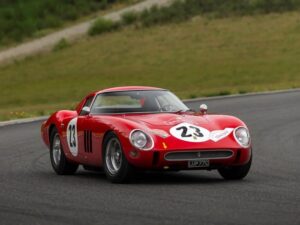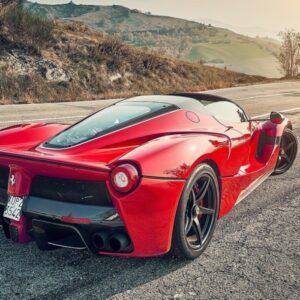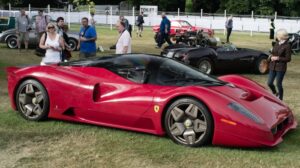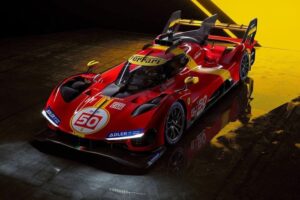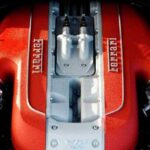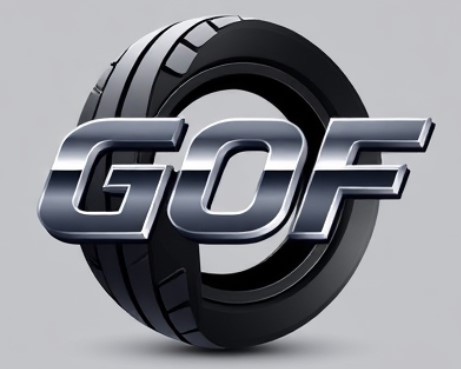Most exclusive Ferrari models represent the pinnacle of automotive artistry and engineering. This exploration delves into the multifaceted definition of exclusivity within the Ferrari marque, examining factors ranging from limited production runs and unique design features to the historical significance and investment potential of these coveted vehicles. We will dissect the evolution of exclusive models across different eras, compare and contrast modern limited-edition offerings, and investigate the role of bespoke customization in enhancing a Ferrari’s already considerable prestige.
Ultimately, this analysis aims to provide a comprehensive understanding of what truly constitutes a “most exclusive” Ferrari.
The analysis will critically evaluate the provided criteria for exclusivity, questioning whether limited production alone truly defines exclusivity or if other factors, such as technological innovation, design legacy, and the overall ownership experience, play a more significant role. Furthermore, the economic aspects of these models, including their appreciation in value and investment potential, will be rigorously examined. The inherent subjectivity in defining “exclusivity” will be addressed throughout, acknowledging that different buyers may prioritize various aspects.
Also Read
Defining Exclusivity in Ferrari Models
Ferrari’s exclusivity is a multifaceted concept, not solely defined by limited production numbers. Several factors intertwine to create the aura of rarity and desirability surrounding certain models. These factors include production volume, unique design features, technological innovations, historical significance, and the overall brand prestige. A nuanced understanding of these elements allows for a more accurate comparison of Ferrari models and their positions within the exclusivity hierarchy.
Factors Contributing to Exclusivity
Limited production runs are a primary indicator of exclusivity. Models produced in exceptionally small numbers naturally command higher prices and increased desirability among collectors. However, exclusivity also stems from unique design features and technological advancements that differentiate a model from its contemporaries. A groundbreaking engine, innovative aerodynamics, or a distinctive styling element can all contribute to a car’s exclusive appeal.
Historical significance also plays a crucial role; models that represent milestones in Ferrari’s history or have achieved racing success often hold greater value and prestige.
Comparing Measures of Exclusivity
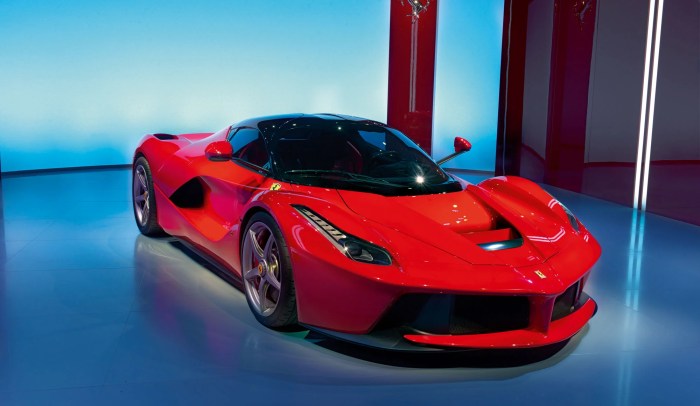
While limited production is a significant factor, it’s not the sole determinant of exclusivity. A model with a relatively larger production run but featuring unique, groundbreaking technology or a strikingly innovative design could be considered more exclusive than a model with a smaller production run but lacking such distinguishing characteristics. The interplay between these factors – production numbers, design, technology, and historical context – determines the overall level of exclusivity.
Examples of Historically Exclusive Ferrari Models
The Ferrari 250 GTO (1962-1964), with its estimated production of only 36 units, stands as a prime example. Its racing heritage and breathtaking design cemented its status as one of the most exclusive and valuable cars ever made. The Ferrari 288 GTO (1984-1987), a homologation special designed for Group B rallying, also achieved legendary status due to its limited production and high performance.
The Ferrari F40 (1987-1992), designed as Enzo Ferrari’s final masterpiece, became an icon due to its groundbreaking technology and raw power. The Ferrari Enzo (2002-2004), named after the company’s founder, further cemented the brand’s legacy of exclusivity through its limited production and cutting-edge engineering.
Historical Perspective: Iconic Exclusive Ferraris
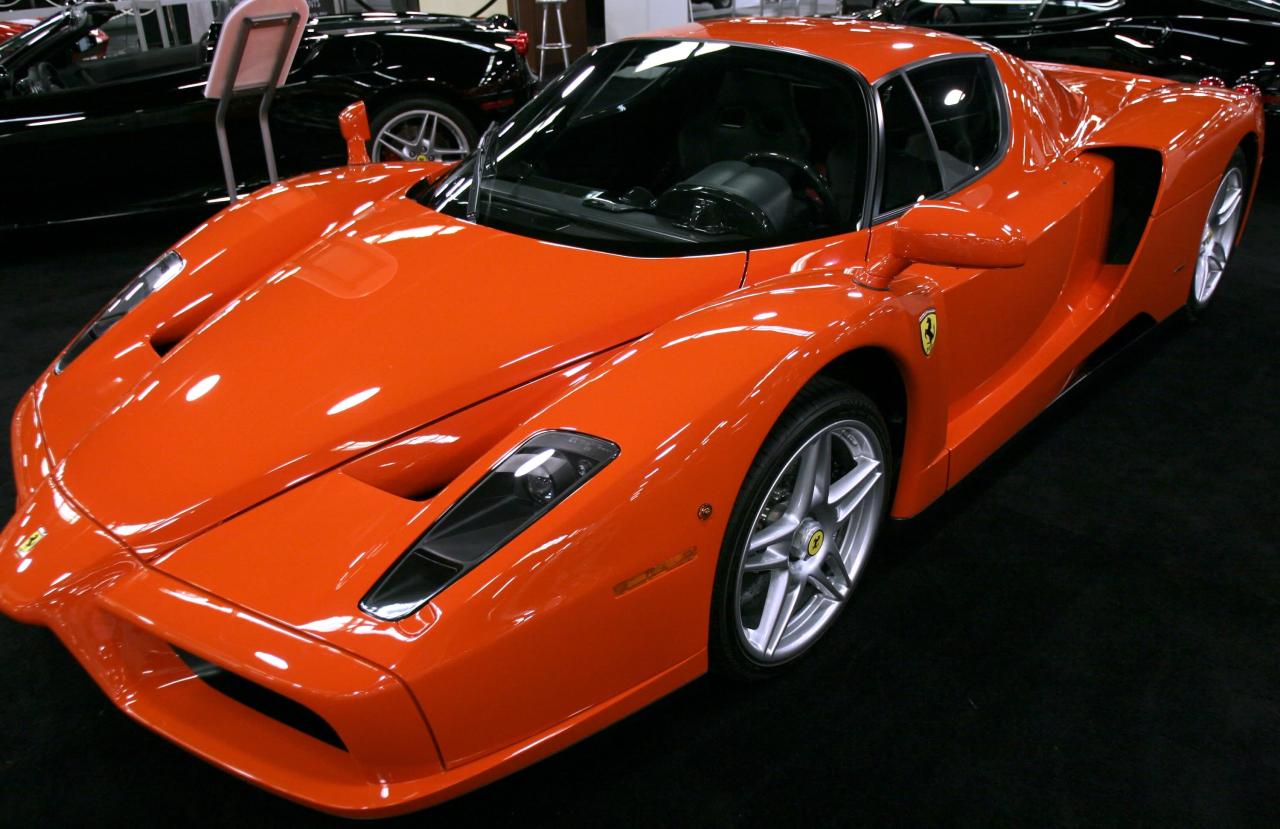
The evolution of exclusive Ferrari models reflects the brand’s continuous pursuit of innovation and performance. Different eras have witnessed the emergence of iconic models characterized by distinct design elements and technological advancements. The transition from classic, elegant designs to more aggressive, aerodynamic forms, and the incorporation of advanced materials and engineering, all contributed to the evolution of exclusivity in Ferrari’s lineup.
Evolution of Exclusive Models
Early exclusive Ferraris, such as the 250 GTO, were characterized by their elegant lines and powerful, yet relatively simple, engines. Later models, like the F40, embraced more aggressive aerodynamics and cutting-edge materials to achieve higher performance. Modern exclusive models often showcase hybrid powertrains and advanced driver-assistance systems, pushing the boundaries of both performance and technology.
Iconic Exclusive Ferrari Models
| Model | Years of Production | Notable Features | Estimated Production |
|---|---|---|---|
| 250 GTO | 1962-1964 | Stunning design, exceptional racing pedigree | 36 |
| 288 GTO | 1984-1987 | Twin-turbocharged V8, homologation special for Group B rallying | 272 |
| F40 | 1987-1992 | Twin-turbocharged V8, lightweight construction, raw performance | 1315 |
| Enzo Ferrari | 2002-2004 | Naturally aspirated V12, advanced aerodynamics, Formula 1-derived technology | 399 |
Modern Exclusive Ferrari Models
Contemporary exclusive Ferraris continue the legacy of their predecessors, blending exceptional performance with innovative design and cutting-edge technology. Limited production runs, advanced materials, bespoke options, and unique styling cues are key elements contributing to their exclusivity. These models often represent the pinnacle of Ferrari’s engineering capabilities, pushing the boundaries of performance and luxury.
Features of Modern Exclusive Models
Modern exclusive Ferraris often feature hybrid powertrains combining internal combustion engines with electric motors, resulting in both increased power and improved fuel efficiency. Advanced aerodynamics, lightweight materials such as carbon fiber, and sophisticated driver-assistance systems are also common features. These cars frequently incorporate bespoke design elements, allowing for a high degree of personalization.
Comparison of Recent Limited-Edition Models
| Model | Performance Specifications (example: 0-60 mph) | Pricing (USD, approximate) | Unique Design Features |
|---|---|---|---|
| LaFerrari | Under 3 seconds | 1,400,000+ | Hybrid powertrain, aggressive aerodynamics, unique styling cues |
| SF90 Stradale | Under 2.5 seconds | 500,000+ | Plug-in hybrid powertrain, advanced all-wheel drive, sleek design |
| Daytona SP3 | N/A (track focused) | 2,000,000+ | Naturally aspirated V12, aggressive styling inspired by the 330 P4 |
The Role of Customization and Personalization
Bespoke options and personalization play a significant role in enhancing the exclusivity of Ferrari models. The ability to tailor a car to one’s individual preferences further elevates its unique character and desirability. This level of customization not only reflects the owner’s taste but also adds another layer of exclusivity, making the car truly one-of-a-kind.
Impact of Customization on Exclusivity
Highly customized Ferrari models, featuring unique paint colors, interior trims, and specialized performance modifications, stand out even within the already exclusive world of Ferrari ownership. These modifications can significantly increase a car’s value and desirability, making it a truly bespoke and irreplaceable asset.
In this topic, you find that Best Ferrari performance cars is very useful.
Common Customization Options, Most exclusive Ferrari models
- Unique exterior paint colors and finishes
- Bespoke interior trims and materials (leather, Alcantara, carbon fiber)
- Performance upgrades (exhaust systems, suspension modifications)
- Personalized stitching and embroidery
- Custom badging and emblems
The Ownership Experience of Exclusive Ferrari Models
Owning an exclusive Ferrari model extends beyond mere possession; it’s an experience encompassing a unique level of service, access, and community. Ferrari provides owners with specialized services, ensuring the meticulous maintenance and care of their prized possessions. This commitment to exclusivity extends to exclusive events and experiences, fostering a sense of community among owners.
Unique Aspects of Ownership
Owners of exclusive Ferrari models benefit from dedicated concierge services, specialized maintenance programs, and access to exclusive events and driving experiences. These services cater to the specific needs of owners of rare and high-performance vehicles, ensuring that their cars receive the highest level of care and attention.
Levels of Access and Privileges
The level of access and privileges associated with owning an exclusive Ferrari model can vary depending on the model and the owner’s relationship with the brand. Owners of the most exclusive models may have access to exclusive events, private track days, and personalized services not available to owners of more common models. This creates a tiered system of ownership experience, reflecting the varying levels of exclusivity among different Ferrari models.
Remember to click Ferrari limited edition cars to understand more comprehensive aspects of the Ferrari limited edition cars topic.
The Investment Value of Exclusive Ferrari Models
The rarity and exclusivity of a Ferrari model significantly influence its long-term value. Certain models, particularly those with limited production runs and exceptional racing heritage, have demonstrated remarkable appreciation over time, becoming highly sought-after collector’s items. Understanding the factors that contribute to a Ferrari’s investment potential is crucial for collectors and enthusiasts alike.
Impact of Rarity on Value
The 250 GTO serves as a prime example of a Ferrari model whose value has appreciated dramatically over time. Its limited production run and legendary racing history have made it one of the most valuable cars in the world. Other models, such as the F40 and the Enzo Ferrari, have also seen significant appreciation in value, demonstrating the potential for long-term investment in exclusive Ferrari models.
Factors Influencing Investment Potential
Several factors influence the investment potential of exclusive Ferrari models. These include production numbers, racing heritage, condition, originality, and overall market demand. Models with documented racing histories or those that have been meticulously maintained and preserved tend to command higher prices.
Visual Representation of Exclusivity
The visual elements of a Ferrari model play a significant role in communicating its exclusivity. Specific design cues, color schemes, and the choice of materials all contribute to the overall impression of rarity and luxury. Ferrari’s design philosophy consistently emphasizes performance and elegance, resulting in cars that are both powerful and visually stunning.
Design Elements Communicating Exclusivity
The use of high-quality materials, such as premium leather, Alcantara, and carbon fiber, is a hallmark of exclusive Ferrari models. Distinctive design cues, such as sculpted bodywork, aerodynamic features, and unique lighting elements, further contribute to the car’s visual appeal. The choice of color schemes, often featuring rare or custom colors, also enhances the car’s exclusivity.
Design Philosophy and Unique Design Aspects
The Ferrari LaFerrari, with its aggressive aerodynamics and striking lines, exemplifies the brand’s commitment to both performance and visual impact. The Daytona SP3, inspired by the iconic 330 P4 race car, showcases a retro-futuristic design that blends classic styling elements with modern technology. The SF90 Stradale, with its sleek and futuristic design, represents the brand’s forward-thinking approach to performance and aesthetics.
Each model showcases a unique blend of form and function, contributing to its overall exclusivity.
Ultimately, the quest to identify the “most exclusive” Ferrari models reveals a complex interplay of historical significance, technological innovation, limited production, and the intangible allure of owning a piece of automotive history. While numerical limitations contribute significantly to a car’s perceived exclusivity, the true essence lies in the unique combination of design, performance, heritage, and the unparalleled ownership experience.
This analysis highlights the difficulty in definitively ranking these exceptional automobiles, underscoring instead the exceptional qualities that define each model’s unique claim to exclusivity.
User Queries: Most Exclusive Ferrari Models
What is the average maintenance cost for an exclusive Ferrari model?
Annual maintenance costs for exclusive Ferrari models can vary significantly depending on the model, age, and usage, but expect substantial expenses exceeding those of typical vehicles. Thousands of dollars annually are common.
How long is the waiting list for a new, limited-edition Ferrari?
Waiting lists for highly exclusive Ferrari models can stretch for several years, even decades, depending on the model and the client’s relationship with the manufacturer. Access is often prioritized for existing, loyal customers.
Are there any specific insurance considerations for owning an exclusive Ferrari?
Insuring an exclusive Ferrari requires specialized high-value car insurance. Premiums are considerably higher than for standard vehicles, reflecting the car’s replacement cost and the risk associated with theft or damage.
